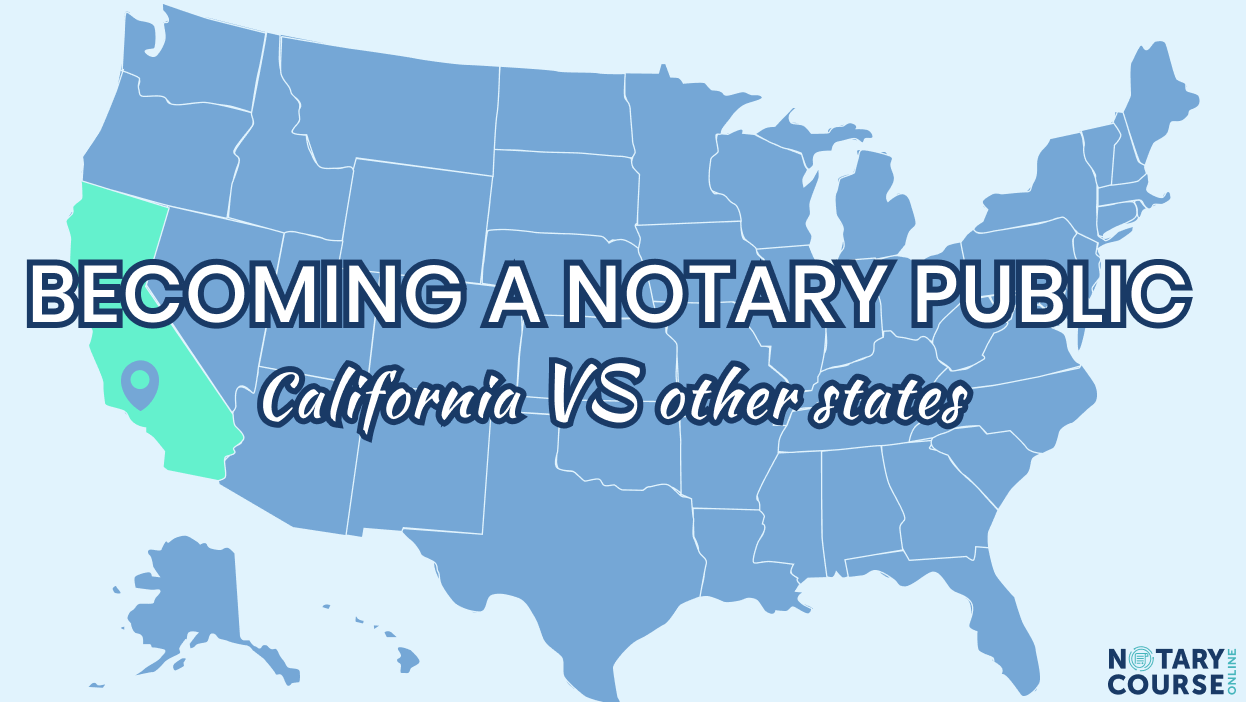California
Blog
Mastering Notary Public Responsibilities: A Deep Dive into Excellence

-
by Notary Course Online
- February 28, 2024
As a Notary Public, your role is pivotal in the realm of legal authentication, serving as an impartial witness to the signing of crucial documents. Your primary responsibilities include verifying identities, administering oaths and affirmations, witnessing signatures, certifying copies of certain important documents, and maintaining accurate notary records. In this comprehensive guide, we will delve into each of these responsibilities, offering practical tips to help you excel in your role.
1. Verify Identities:
Verifying the identities of document signers is a cornerstone responsibility for a Notary Public. To execute this duty effectively:
- Ask for Identification: A government-issued identification, such as a driver’s license or passport is required for each signer.
- Check the ID: Verify the ID’s validity, expiry date, and ensure it matches the signer’s appearance.
- Keep a Record: Record ID details in your notary journal, including type, ID number, and expiration date.
Common mistakes to avoid include relying solely on personal knowledge, neglecting to check IDs, and failing to record ID information in the notary journal.
2. Administer Oaths and Affirmations:
Administering oaths and affirmations involves ensuring signers swear or affirm the truthfulness of the document. To perform this duty with professionalism:
- Know the Difference: Understand the distinction between oaths (swearing to tell the truth) and affirmations (solemn declaration of truth).
- Be Impartial: Maintain impartiality, refraining from taking sides in any legal matter.
- Use Proper Language: Employ the appropriate language as required by the document.
Impartiality is crucial during this process, and if you have a personal or financial interest, recusal is necessary.
3. Witness Signatures:
As a Notary Public, you are responsible for witnessing signatures on vital legal documents. To accomplish this task accurately:
- Watch the Signer: Observe the signer to ensure correct signing and prevent any alterations to the document.
- Use Proper Procedure: Follow prescribed procedures for recording signatures in your notary journal and attaching notarial certificates.
- Be Aware of Fraud: Stay vigilant for signs of fraud, such as nervous signers or those pressured to sign.
Adhering to proper procedures when witnessing signatures is essential to avoid legal consequences and protect your professional reputation.
4. Certify Copies of Powers of Attorney Documents:
Certifying copies of Powers of Attorneys involves reviewing photocopies against the original document. To execute this responsibility accurately:
- Check the Original & Copy: Ensure the original document is complete and legible and that the copy is an exact duplicate.
- Complete the California Copy Certification of Power of Attorney notarial certificate and attach to the copy of the Power of Attorney.
Record the certification in your notary journal, noting the date, document type, and the identity of the document owner.
5. Maintain Notary Records:
The final key responsibility is maintaining accurate and up-to-date notary records. To organize and manage these records effectively:
- Use a Bound Journal: Utilize a bound journal with numbered pages for all notarial acts.
- Record each notarial act sequentially when the act is performed for proper maintenance.
- Keep Records Secure: Store notary records in a secure location to prevent unauthorized access.
Types of records to maintain include your notary journal, copies of notarized documents, and relevant receipts for fees charged.
In conclusion, the role of a Notary Public is multifaceted, requiring attention to detail, strong ethics, and a commitment to accuracy. By mastering these responsibilities with dedication and expertise, you can establish yourself as a trusted and respected notary public in your community.






 Congratulations!
Congratulations!